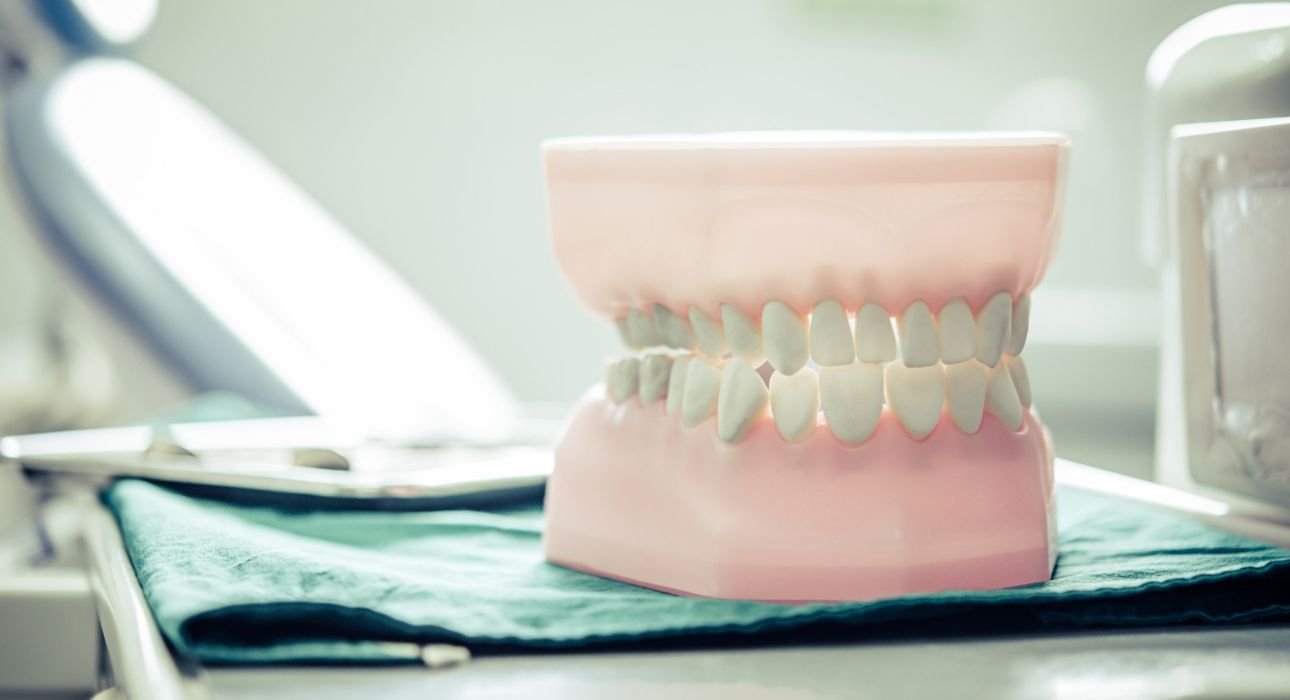There is a stereotype that exists that paints people with either lower IQ or intellectual disability as having poor dental health or hygiene. For example, take Cletus, the hillbilly character from The Simpsons. The southern-accented yokel is shown displaying only three teeth when he isn’t smiling, and those are so prominent they protrude from under his top lip; a feature noticeably absent from other characters in the same show.
It seems such attitudes have been held for a long time, with physicists in the 1800’s routinely removing the entirety of a patient’s teeth, believing that their malady stemmed from an infection in the teeth that worked its way to the brain. While it is a draconian practice, what MSN-PMHNP students and graduates will likely understand is that although not to the extent that 1800s doctors believed, there is some kind of link between mental health and dental health. Today, we’re going to examine this link, how it works, and how to look after your teeth to care for your mind.
Spilling the Teeth
In March last year, a study was conducted by the University of California, San Francisco School of Dentistry. The study measured several mental health symptoms against six oral health conditions. The study’s results yielded some very clear results; all six oral health conditions showed significant evidence of greater frequency in those suffering from increasingly severe mental health problems.
Although dental health was shown to improve in those whose mental health was plagued by externalization and substance abuse symptoms, those whose symptoms were largely internalized were greatly affected. There can be multiple reasons why oral health affects mental health, there has been a long-known connection between the mouth and the rest of the body for years.
As more of a focus on holistic health and examining the totality of a patient’s physical condition increases, the links between multiple forms of health are revealing themselves, and now it seems that the most recent discovery is that there is a link of some kind between the health of the teeth and the health of the mind.
The Connection Between Bite and Brain
So what, specifically, is it about our teeth that is influencing our mental health so much? Well, just like most things like this, there are a lot of factors to consider when analyzing the effect of a person’s dental health on their mental health.
For one thing, there is the simple factor of a lack of energy. Mental illness is extremely draining to live with and demands a lot of extra attention to care for properly. Combined with the regular stresses of daily life, one of the simplest causes of dental degeneration in people with mental illness is neglect. A lack of energy causes an inability to appropriately care for a person’s dental hygiene, which in turn exacerbates the condition of their mental health.
There is also anxiety. Although most people have some fear of going to the dentist, these feelings can be worsened when people suffer from anxiety disorders resulting in dysregulated or unmanageable feelings of fear or stress. There is also dental phobia to consider, a condition that renders the patient utterly terrified of dental treatment and maintenance.
Certain eating disorders can also create difficulties in dental management and hygiene. For example, Bulimia, characterized by cycles of binge eating followed by induced vomiting, increases the frequency of digestive acid against the teeth, resulting in an increased rate of corrosion. Extensive research has been done to determine the myriad ways in which oral health affects mental health, and although the knowledge has been around for years it’s only coming to the social forefront now.
Dental Care
We know that the body is a single, cohesive organism. Every system influences the other and just as caring for our mental health cares for our physical wellbeing, it follows then that physical health assists mental health. Dental care is just another piece of a much larger physical dynamic.
When you care for your teeth, know that you are also caring for several other systems in the body. Through regular maintenance, your teeth can become the first step to creating a constructive, beneficial environment in your brain. Through twice-daily brushing, flossing, gum health, a non-sugary diet, and regular dentist cleanings performed by a licensed dentist, your oral health will provide a terrific starting point to developing lifestyle habits that will cultivate an environment of mental wellness and self-care.
After all, so much of mental health is making sure that you’re caring for yourself. When you practise your oral hygiene routine, you invest in yourself, in your sense of well-being. Aside from the effects of oral bacteria, and pain on the mind, caring for your dental health allows you to access a self-care routine with a small simple step that you can build from.













Leave feedback about this